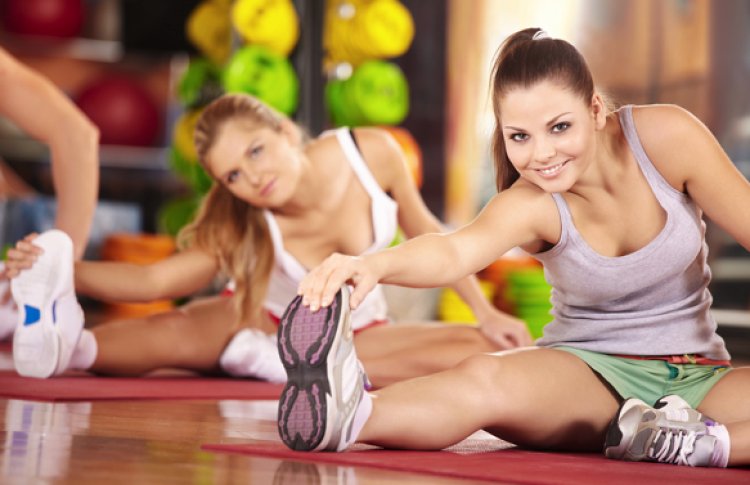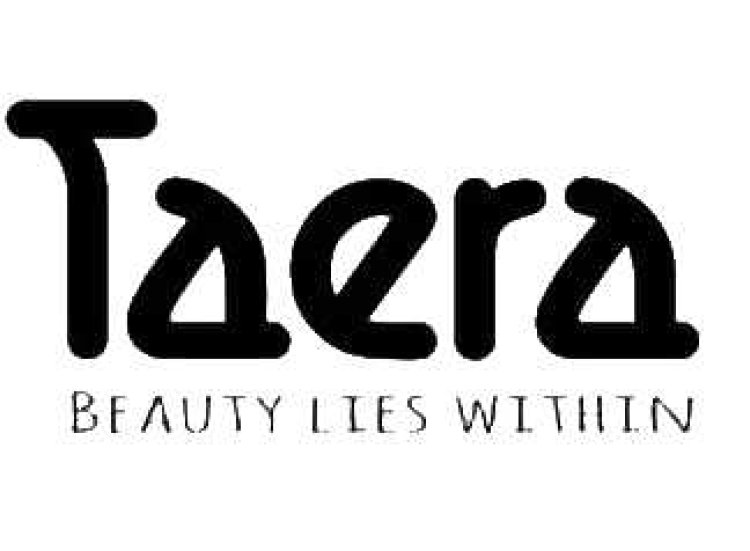How to stretch properly?
Everyone's body is different, so it's important to tailor your stretching routine to your individual needs and limitations.

Stretching is essential for flexibility maintenance and injury prevention. Muscles contract continuously during exercise, causing them to gradually shorten and tense. As a result of improper muscle contraction, tight muscles result in poor form and posture when exercising. This improper form may ultimately lead to physical harm. In addition to restoring muscles to their initial length, stretching expands the range of motion of the body. Stretching also promotes muscle growth and recovery following an intense workout.
How to stretch properly
Stretching should not occur to the point of discomfort. However, it is equally important to distinguish between pain and discomfort. Stretch with just enough leaning that you feel a gentle tug on the muscles rather than discomfort. Stretch with the intention of alleviating tension, and remember that a little discomfort is perfectly normal; in fact, it is a sign of the body undergoing positive adaptation. Slowly and thoroughly inhale and exhale while stretching; inhale while maintaining a stretch and exhale to extend it.
If time is of the essence following a workout, simply stretch the muscle groups that were targeted. As your comfort level with stretching increases, strive to perform multiple sets of main muscle stretches on a daily basis. Especially for those of us who recline extensively throughout the day, this is vital. In particular, extend your hamstrings, hip flexors, neck, shoulders, chest, and hamstrings to counteract all of that sitting.
Get started with stretching
You can get started with this great full-body stretch routine. For best results, hold each stretch for at least 20 seconds (the longer the better).
Tricep stretch
Reach with one hand behind the head while sitting or standing erect. With the opposite hand, grasp the elbow and gently draw it back. Deepen your breath while maintaining the stretch for the desired amount of time. Proceed in the opposite limb.
Cross-body arm
After raising both shoulders, lower them back and forth. Raise one arm, with the palms facing down, to shoulder height. With the shoulders back, cross the torso with the raised arm. Stretch by pressing the arm into the body with the opposite hand. Deepen your breath while maintaining the stretch for the desired amount of time.
Downward dog
Commence on your hands and knees with your spine in a neutral position, shoulders directly above your wrists, and hips directly above your knees. Gloves outwardly and distribute body weight uniformly across the palms and extremities. elevate the knees, tuck in the toes, and elevate the hips toward the ceiling. While gently straightening the legs, avoid locking the knees.
In order to lengthen the vertebrae into an inverted V shape, press away from the floor. Straighten the limbs to meet the ears, and ease the head and neck. While holding the position, take deep breaths for the desired duration. To release, exhale and return to hands and knees while gently bending the knees.
Cobra
While on your stomach, extend your legs behind you and place the tips of your feet on the ground. Position your palms with your fingers widely spread on the floor beneath your shoulders. Retract the forearms inwardly toward the body.
Firmly press the pubic region, the tops of the feet and quadriceps, and the floor. While inhaling, raise the chest off the floor and partially extend the limbs in a straight line. While holding the position, take deep breaths for the desired duration.
Also read: Why Exercise Is Wise?
Deep lunge (runner’s lunge)
Keep your hands at your sides and your ankles shoulder-width apart. Advance while flexing the front knee to an angle of 90° on a single limb. Perform a stretch by lowering the hips slightly and bringing the palms to the ground on either side of the front foot. Hold the stretch for the designated duration while taking long breaths.














